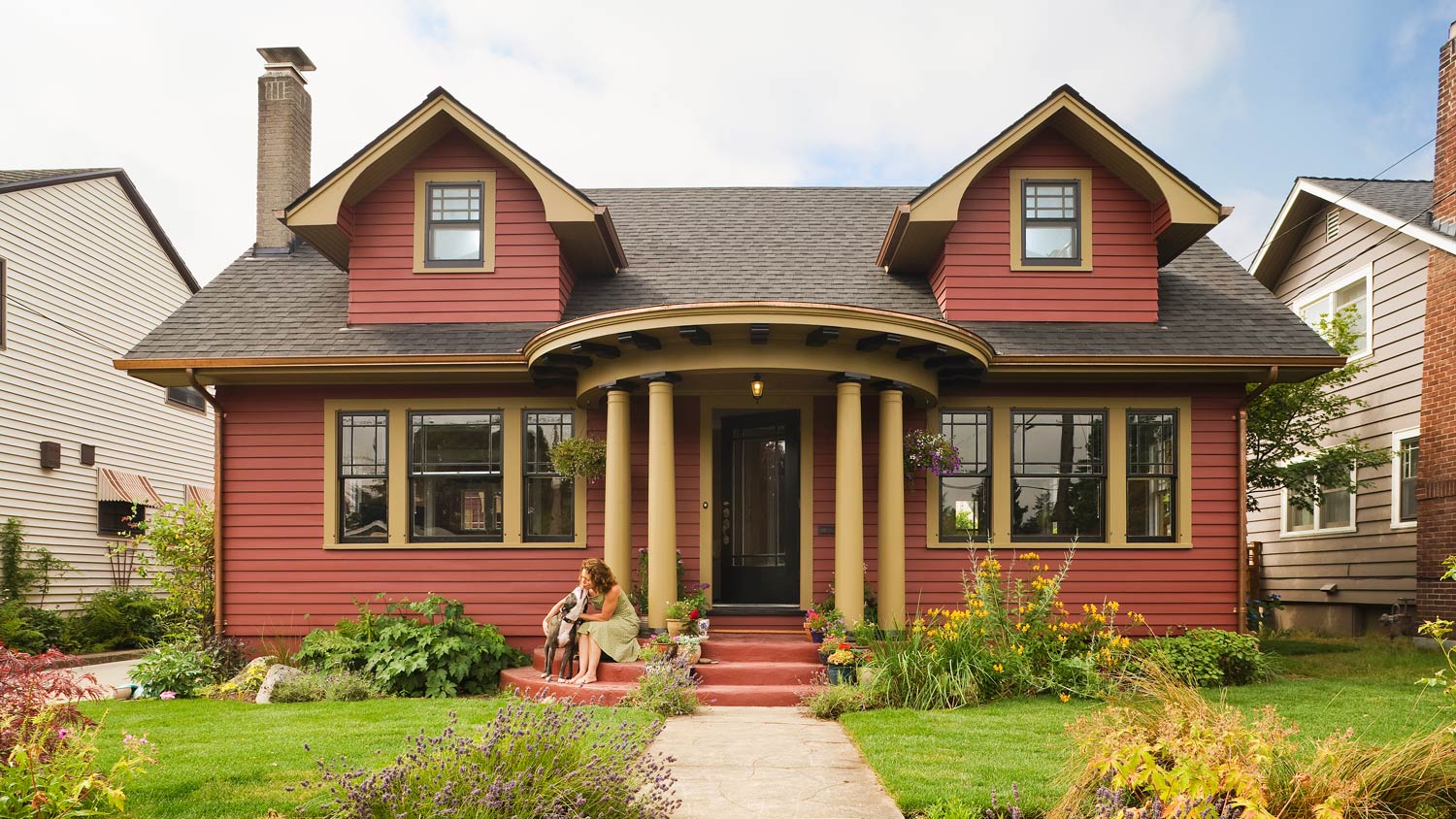6 Questions to Ask About Brick, Stone, or Block Wall Repair
Get concrete answers first


Cracks and other problems in your brick, stone, or block walls can signal deeper issues. Hiring the right pro for the job is essential. Knowing which questions to ask beforehand can reduce or eliminate surprises and help you better understand the project and your invoice. Here are six brick masonry questions to discuss with your contractor before starting.
When Do You Need This Work Done?
Depending on your location's climate, seasonality can be a factor when scheduling significant brick, stone, or block wall repairs. The mortar, cement, or adhesives will require curing time at above-freezing temperatures. Techniques exist for cold-weather repairs, but the project will cost more.
What’s Damaged?
Surface cracks in solid walls can indicate other below-surface issues with the structure. Foundation problems and supporting wall issues with stone and brick veneer installations can initially look like simple surface problems. Ask your masonry repair pro precisely what needs fixing to help ensure the problem doesn't reappear.
What Material Do You Need Repaired?
The material that requires repair depends first on what material the wall consists of and what the underlying problem is. If the repair only involves the facade layer or the surface mortar, the only materials necessary are the ones you can see. However, structural problems with the wall will require substrate materials, such as concrete or supporting wall elements. Structural repairs cost more than simple surface repairs but are crucial for keeping the problem from returning and reestablishing or maintaining the overall integrity of the wall.
When Can You Use the Area Near the Repair?
Because using mortar, cement, and adhesives is part of most brick, stone, and block wall repairs, it's essential to allow enough time for the materials to cure. This is especially true for retaining walls or garden walls. Ask when watering your garden, turning your sprinklers back on, or applying sealant to the repair area is allowed after the repair work is complete.
What Is Your Budget?
The average cost to repair a brick wall is $1,659. While the cost to repair solid-material walls depends on the type and size of the damage involved, there are some ways you can control costs. Ask about repair versus replacement options if your wall suffers from significant damage. You can also consider performing sealing and cleaning tasks on your own.
How Can You Prevent Future Damage?
Ask your contractor about what brick maintenance steps you should take to minimize future wall repairs. While you’ll likely need at least some type of repair or maintenance in the future, you can preserve your investment through proper cleaning, sealing, or painting.














